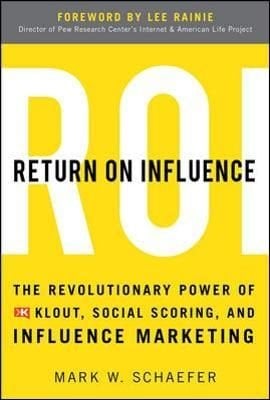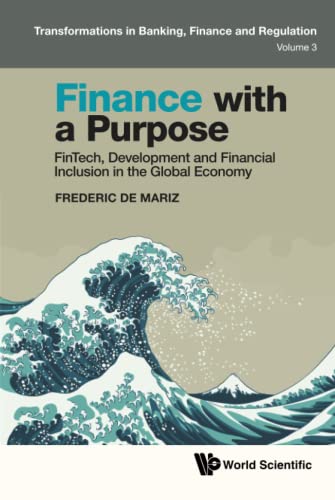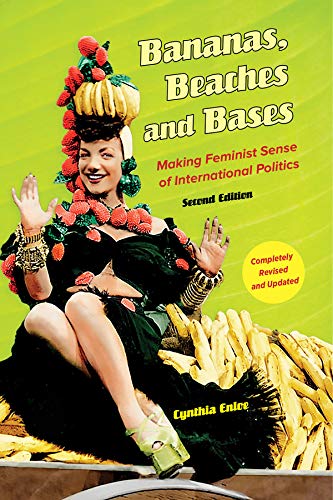This book investigates the South African business cycle and its links to structural change in the economy. Against the backdrop of the democratic transition in 1994 and the global financial crisis, the authors study how business cycles in South Africa have changed and how cycles are related to key developments in the financial markets, international trade and business sentiment in the country. By focusing on peaks and troughs in economic activity - so-called ’turning-point cycles’ - the book links up with the common approach of international policymakers to studying fluctuations in economic activity. The authors also introduce new approaches to measuring phases of the business cycle (to understand slow recoveries after the global crisis), provide comprehensive descriptions to complement quantitative analyses, and utilize new data sources that allow the measurement of economic activity over longer periods. As such, the book provides the first integrated overview of business cycles in an emerging market, providing academics and policymakers with a better understanding of the measurement challenges and drivers of the cycle.












